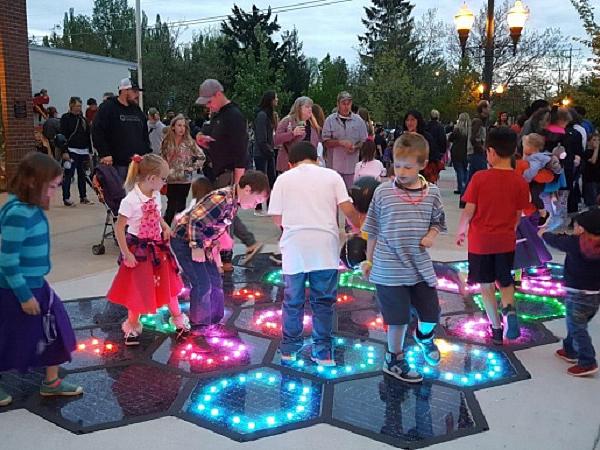
Date: 13 October 2017
The pursuit of safer, more environmentally friendly roadways and sidewalks shifted into another gear with the first public installation of low-wattage, energy-producing tempered glass solar panels manufactured by Solar Roadways topped with low-iron Starphire® glass by Vitro Architectural Glass.
Thirty hexagonal-shaped Solar Roadways SR 3.1 panels, fabricated by Hartung Glass Industries, were installed in a 150-square-foot pedestrian area of Jeff Jones Town Square, an outdoor plaza in Sandpoint, Idaho, as part of a pilot project to demonstrate their durability and strength under everyday foot and bicycle traffic.
Each panel is 15.6 inches long and 1.5 inches thick, weighs approximately 70 lbs., uses 44 watts of energy and contains four built-in heating elements to keep surfaces snow- and ice-free. Nearly 340 multicolored LED lights embedded in each tile can be programmed to display messages, patterns or traffic lines. The LED lights were activated to attract visitors to the Sandpoint pilot project.
The Solar Roadway panels are designed to reduce electrical costs by collecting and storing solar energy that is converted to alternating current (AC) energy. With a visible light transmittance of 84 percent and a solar heat gain coefficient of 0.82, Starphire glass by Vitro Glass maximizes the solar transmission of the panels.
The long-term goal is to install the panels on highways and sidewalks, say Solar Roadways founders Scott and Julie Brusaw, who conceived the idea of using solar panels as an alternative to concrete or asphalt surfaces, generating power while still meeting transportation requirements.
The panels are designed to be durable enough for any walking or driving surface, according to Solar Roadways. The hexagonal shape provides stability and distributes loads against the six sides. In addition, the top of each panel features a fritted texture of crushed glass for traction.
Testing of a similar glass at a civil engineering lab showed the panels to have a load-strength of 250,000 pounds, more than enough to handle the weight of fully loaded semi-trucks, say the Brusaws.
The project at Sandpoint is intended to be a “dynamic” installation, which will be updated with new technologies as they are developed.
The Solar Roadways project won a 2017 Glass Magazine Award for Most Innovative Glass Floor, Stair or Rail Project.
Introduced in 1990, Starphire Ultra-Clear glass remains the clearest, most transparent commercial float glass available today, with visible light transmittance (VLT) of 91 percent in a standard ¼ inch (6 millimeter) thickness.
 600450
600450

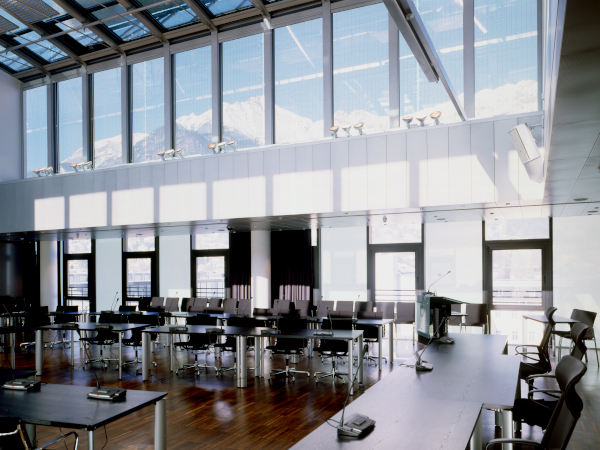
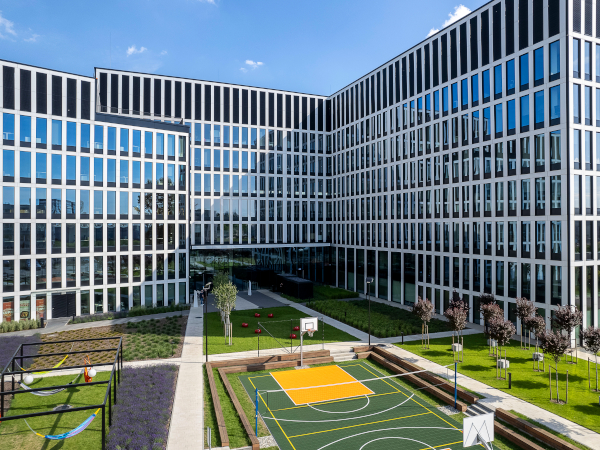
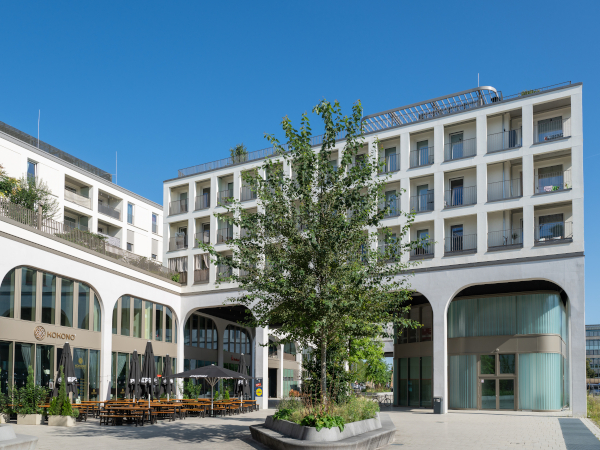
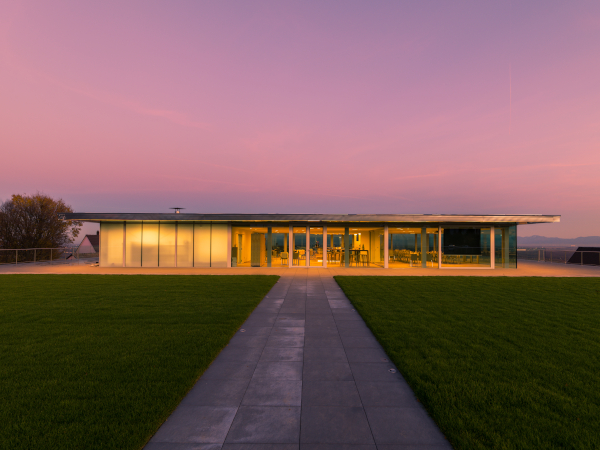

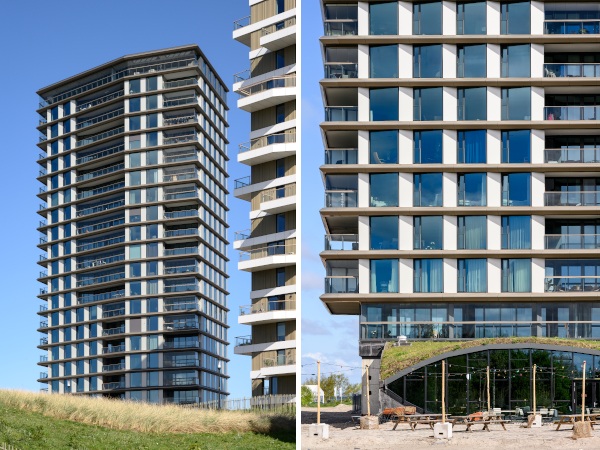












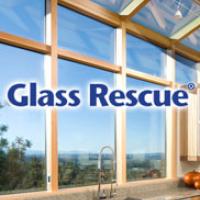
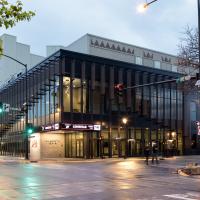
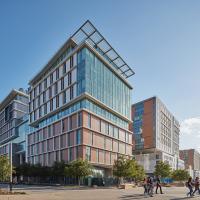
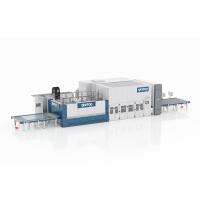
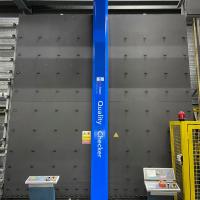
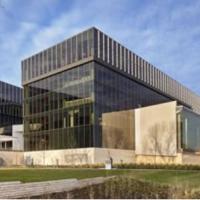
Add new comment